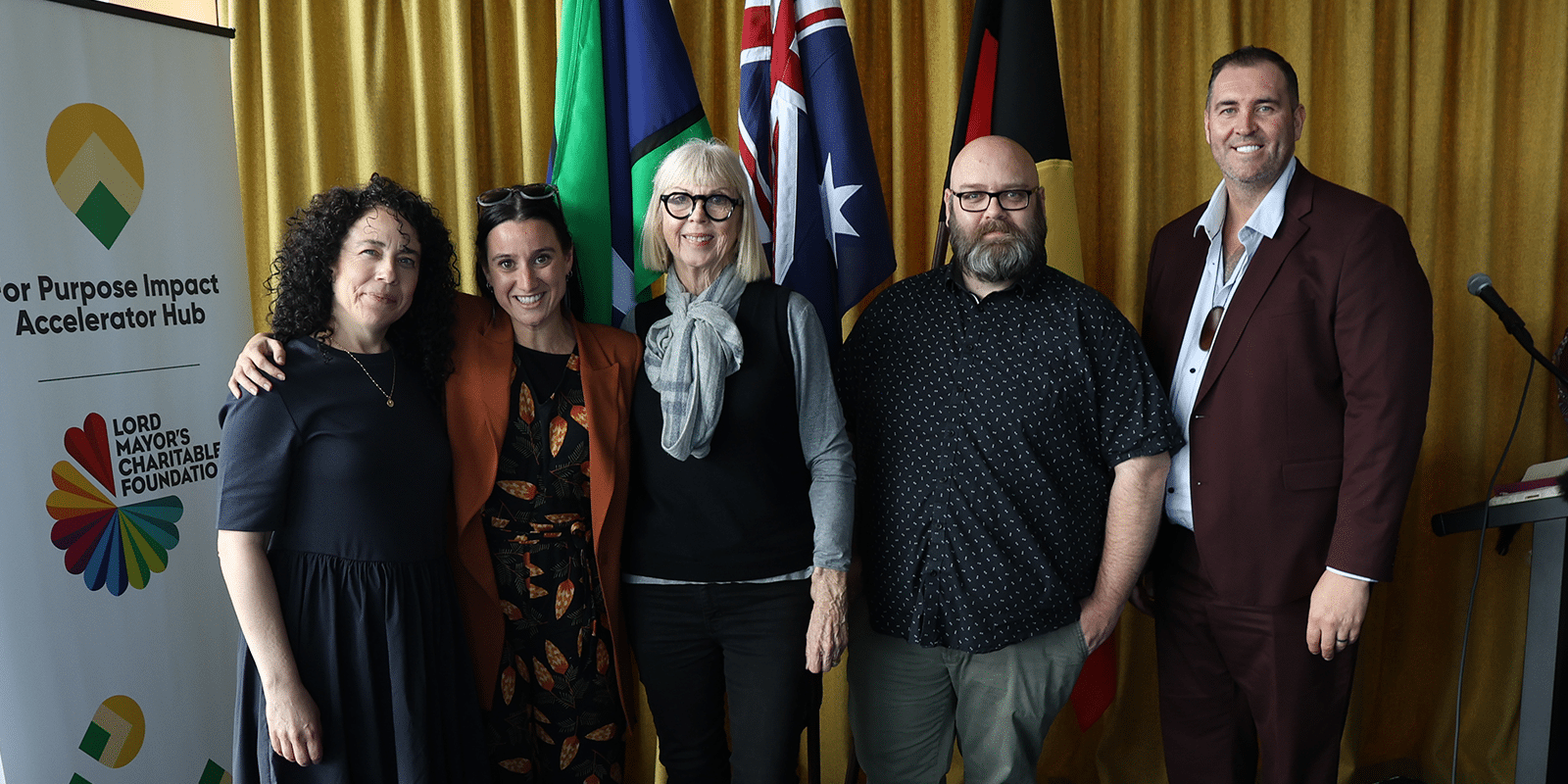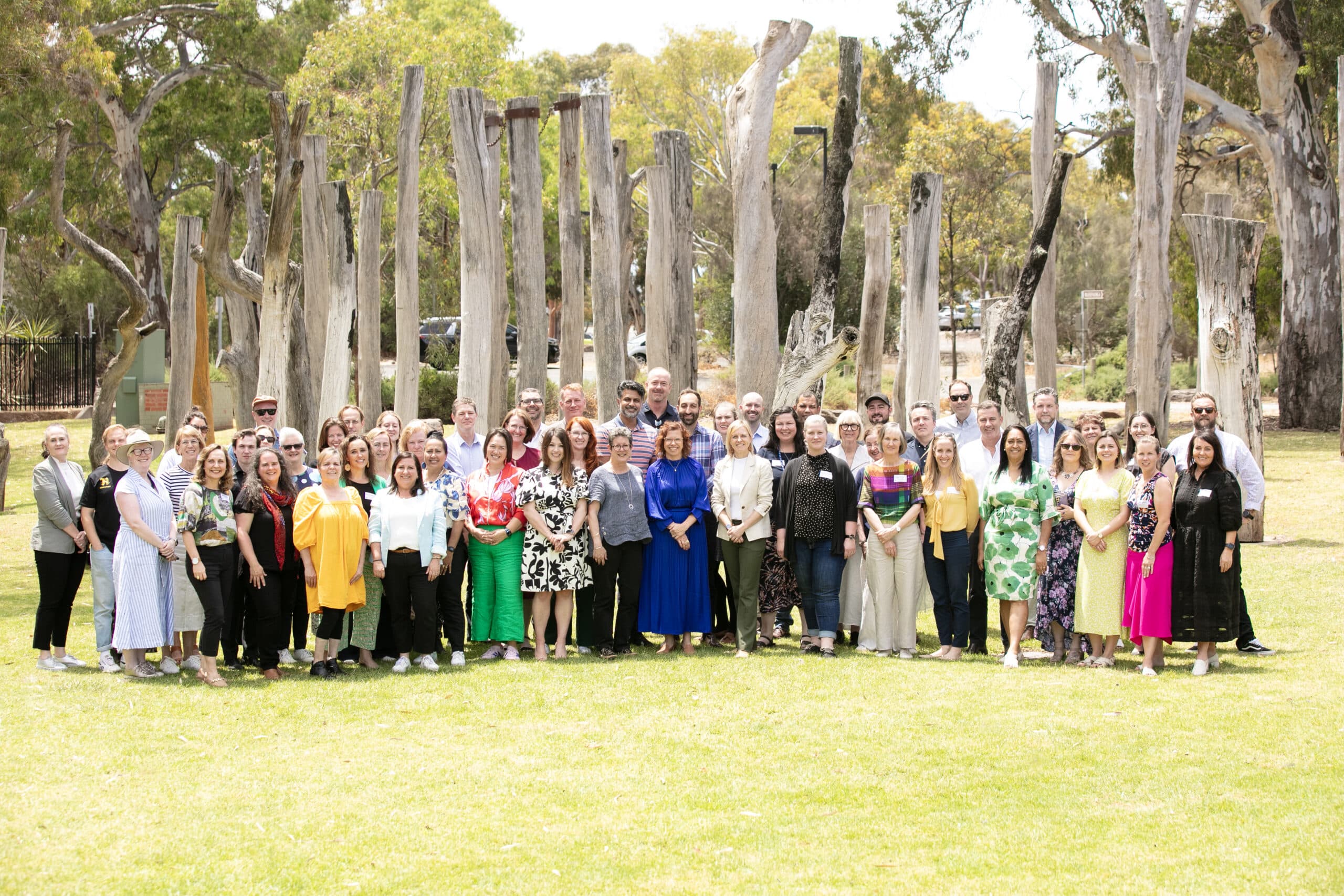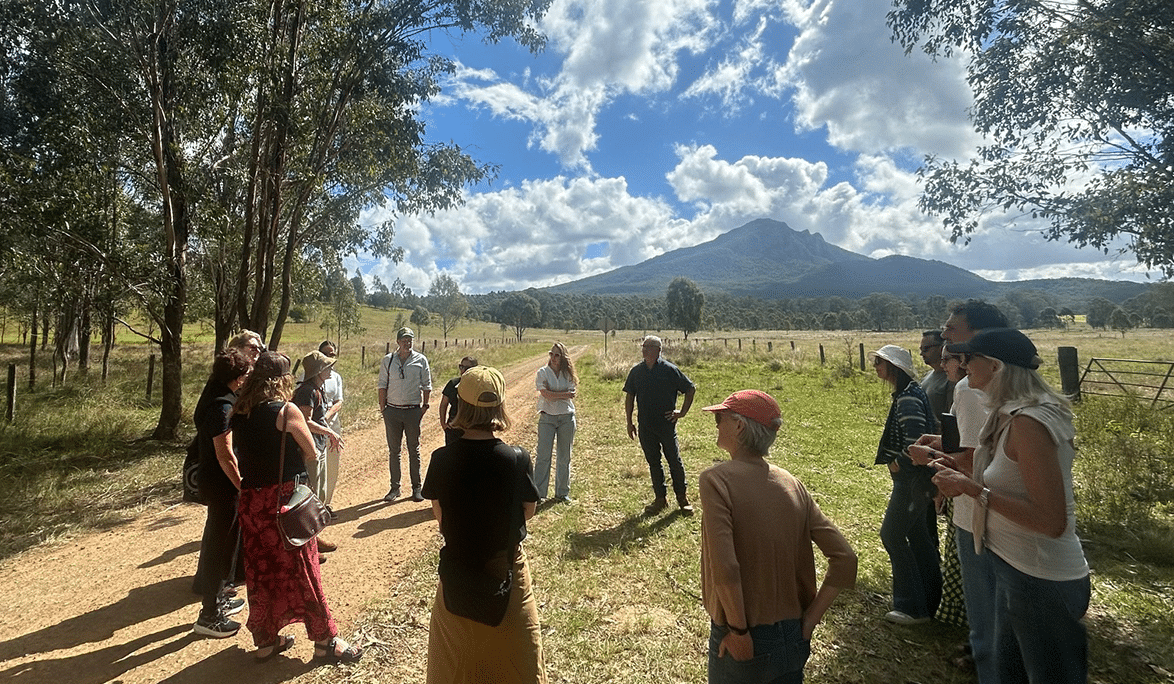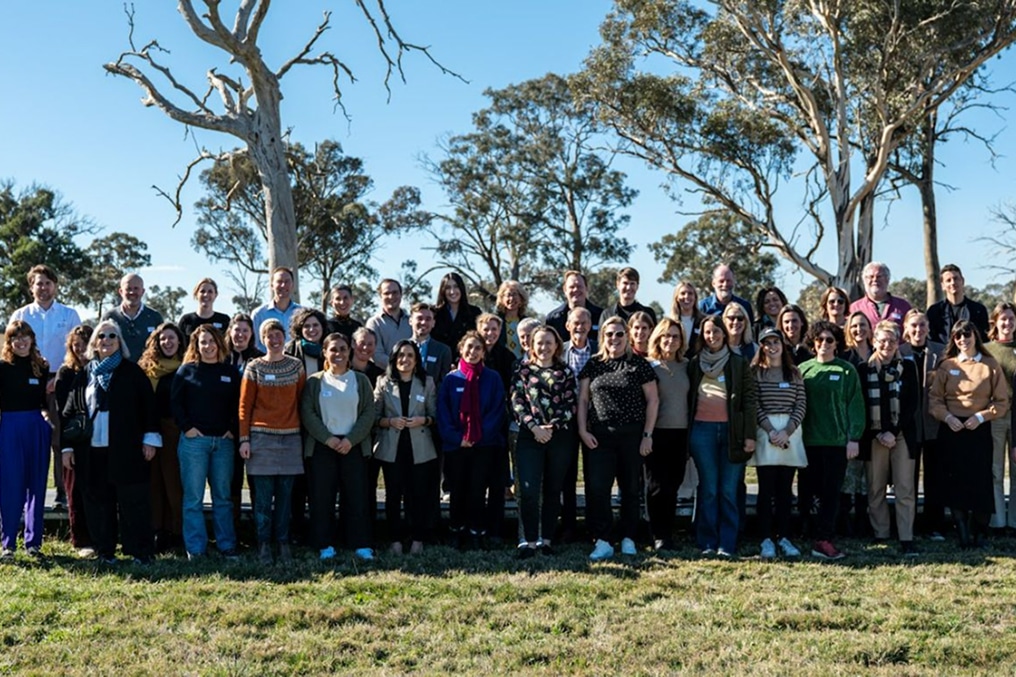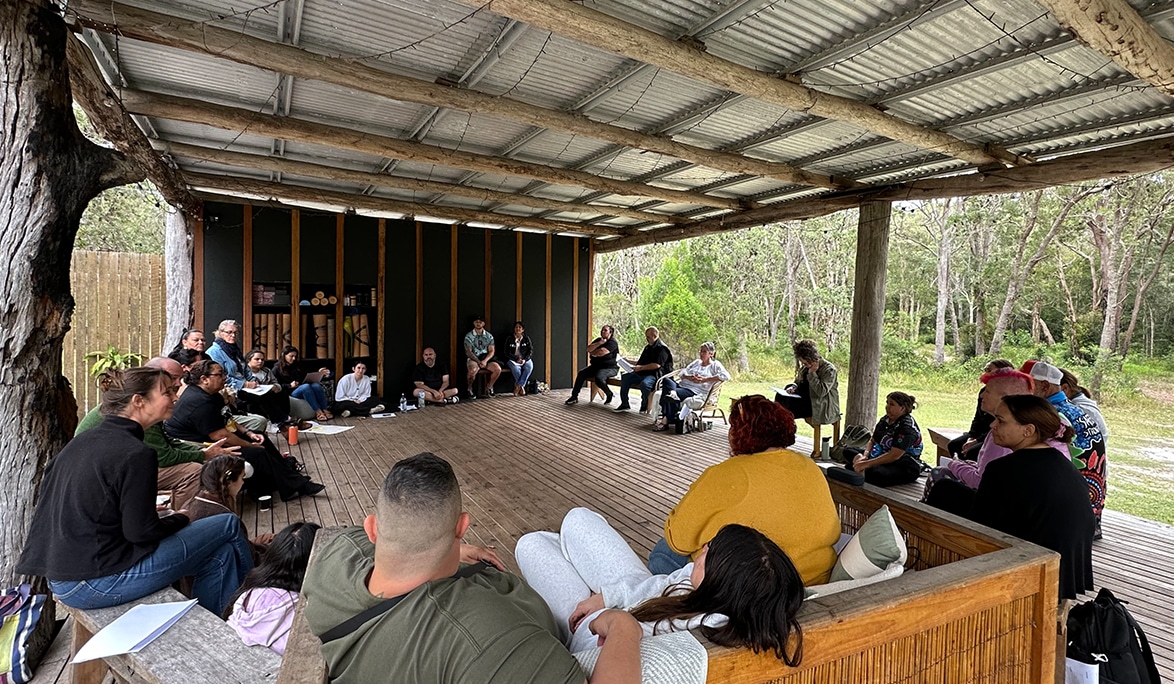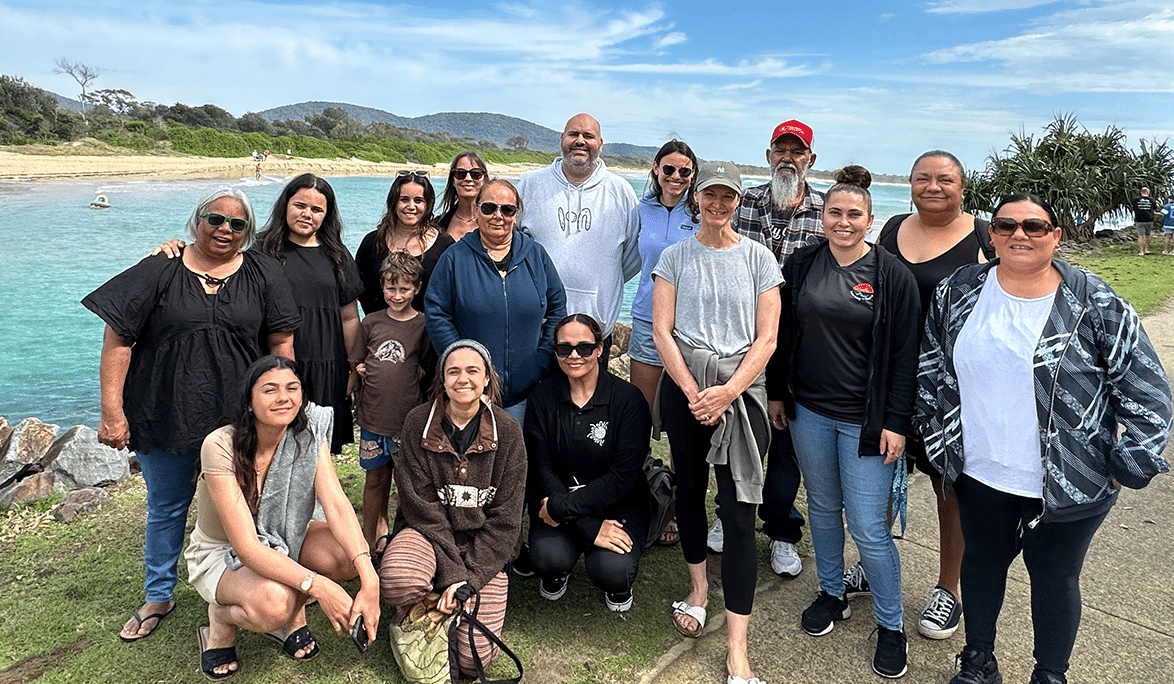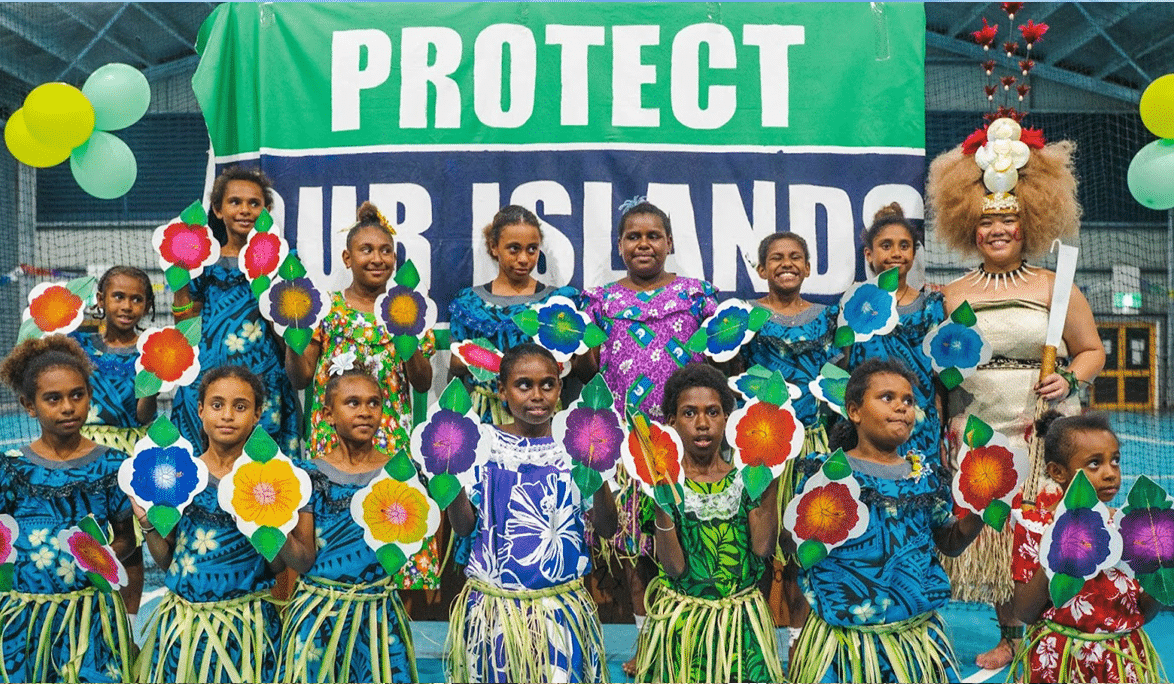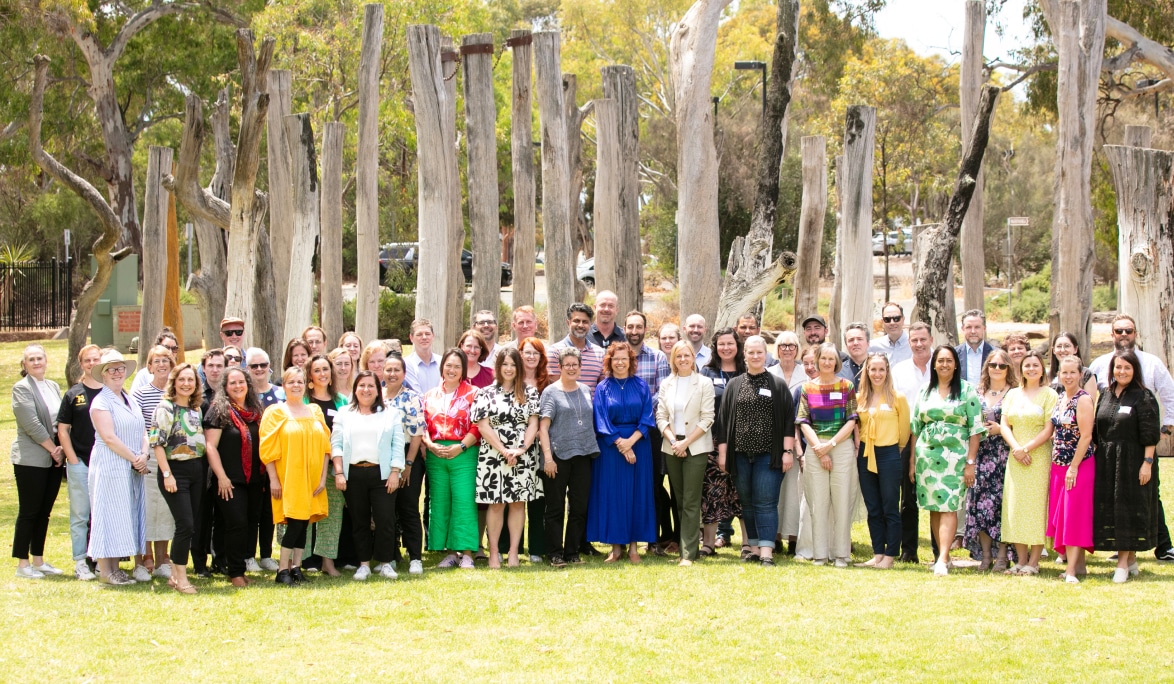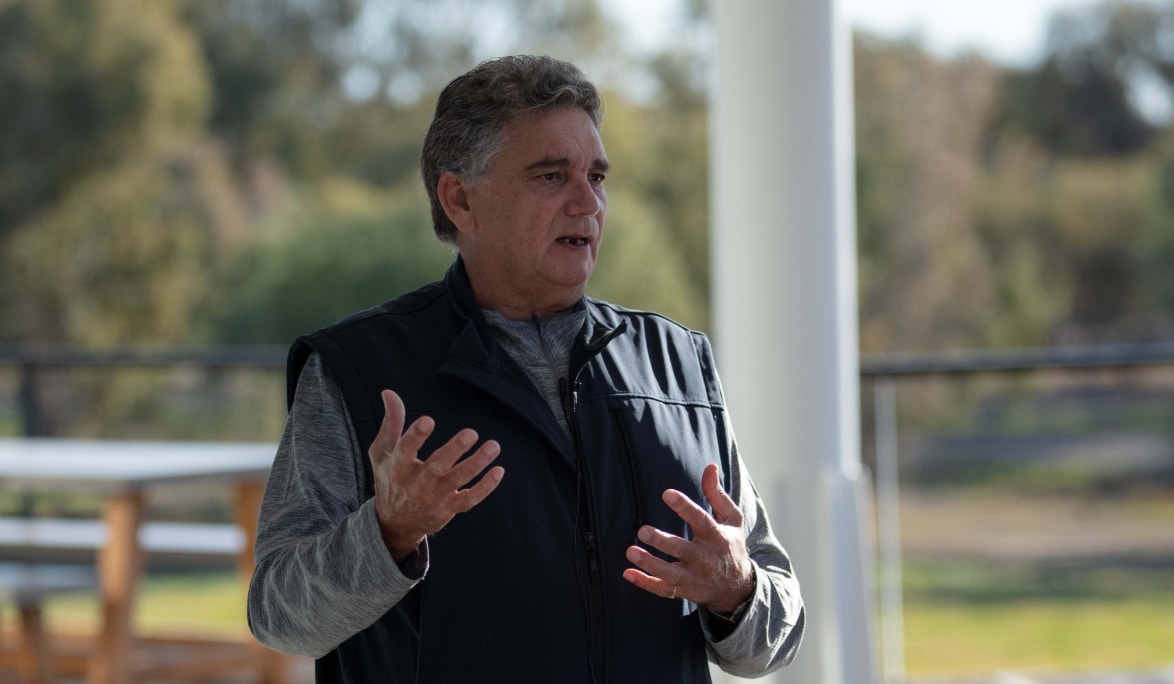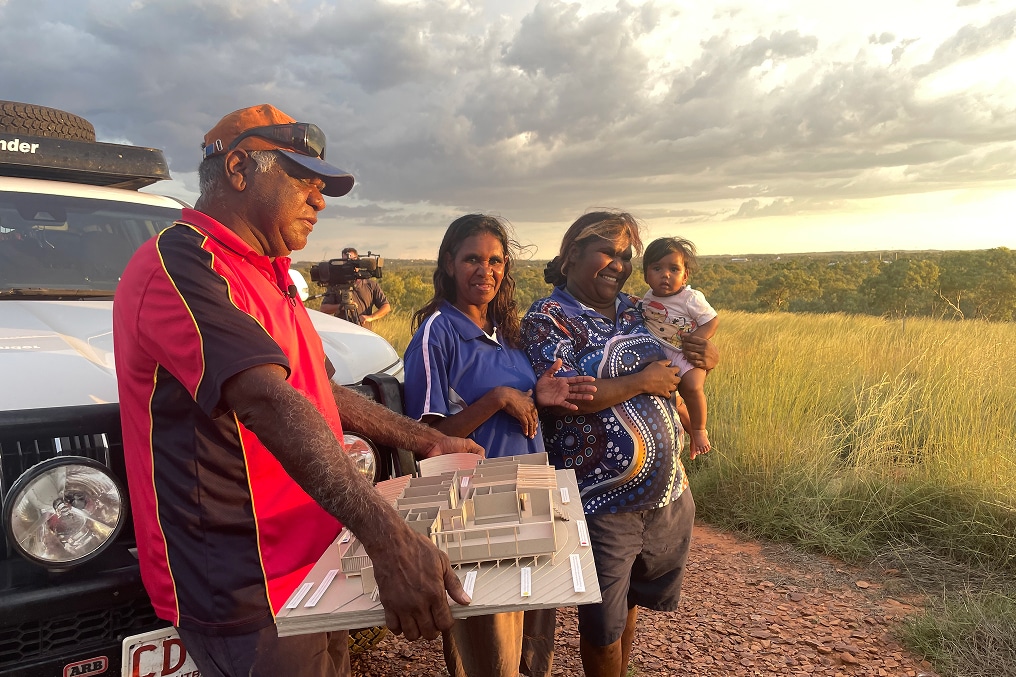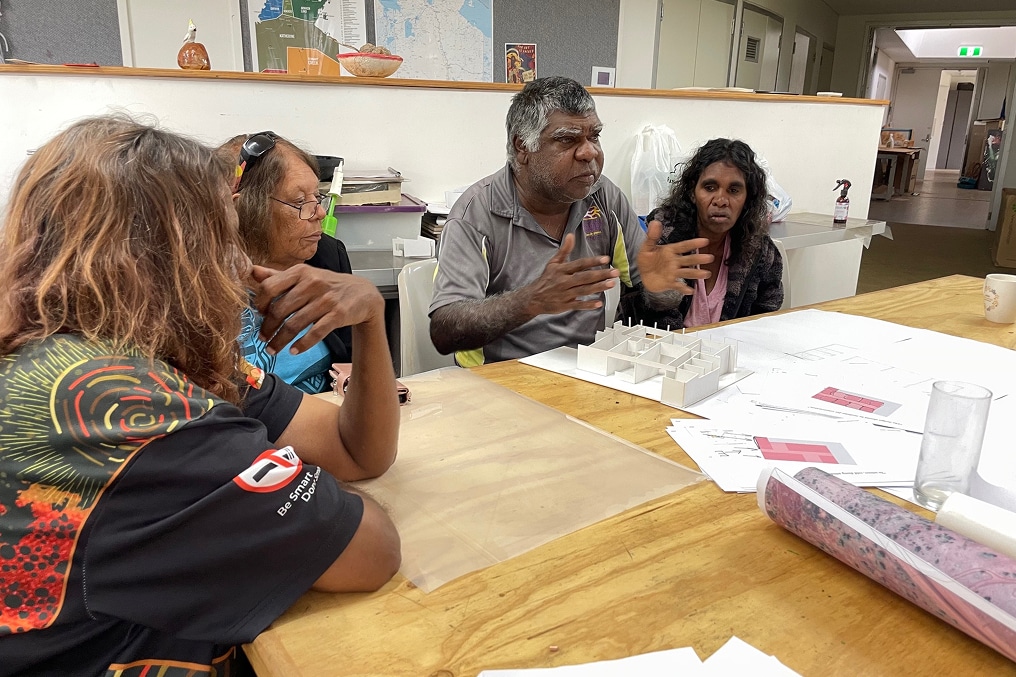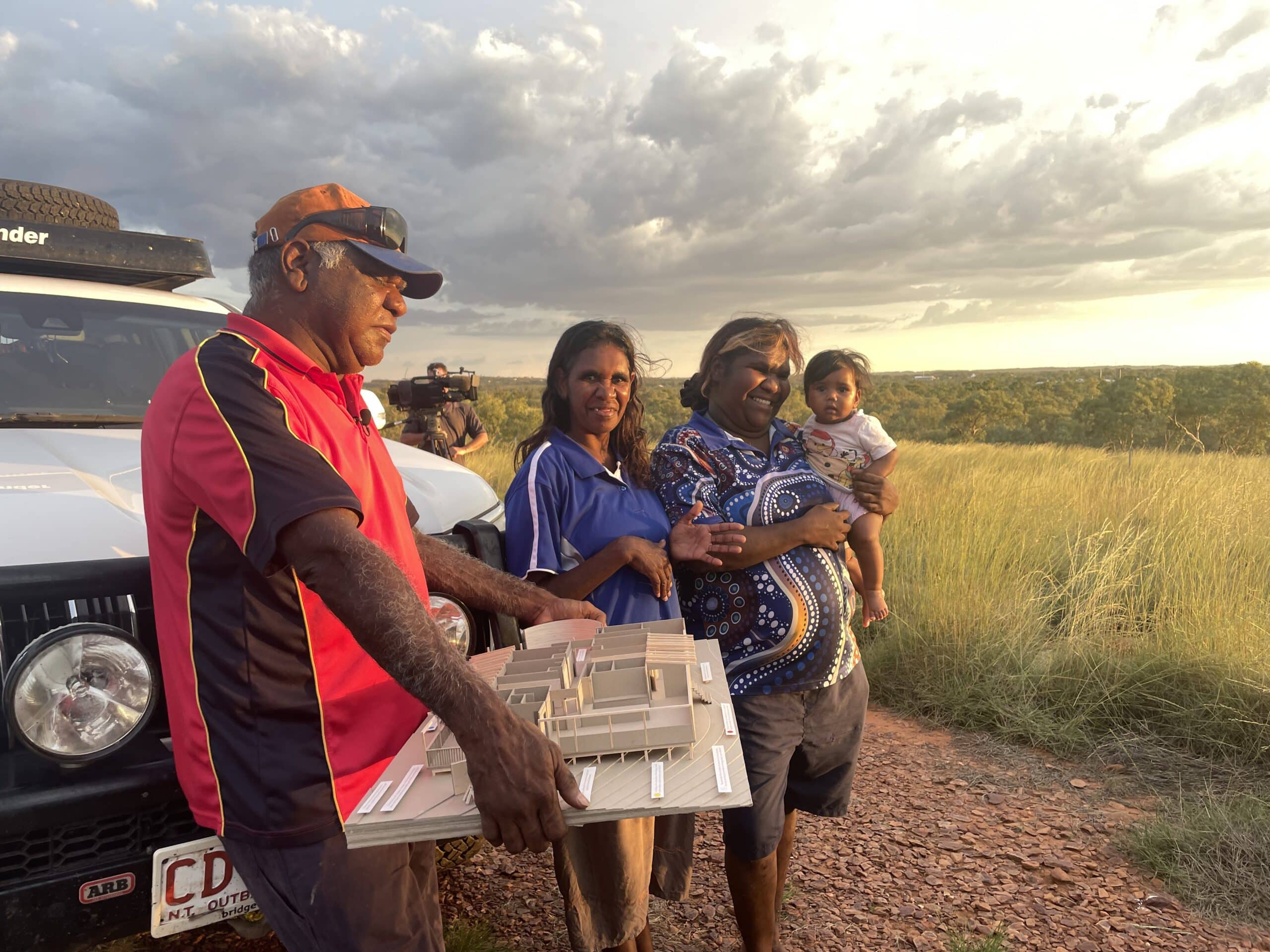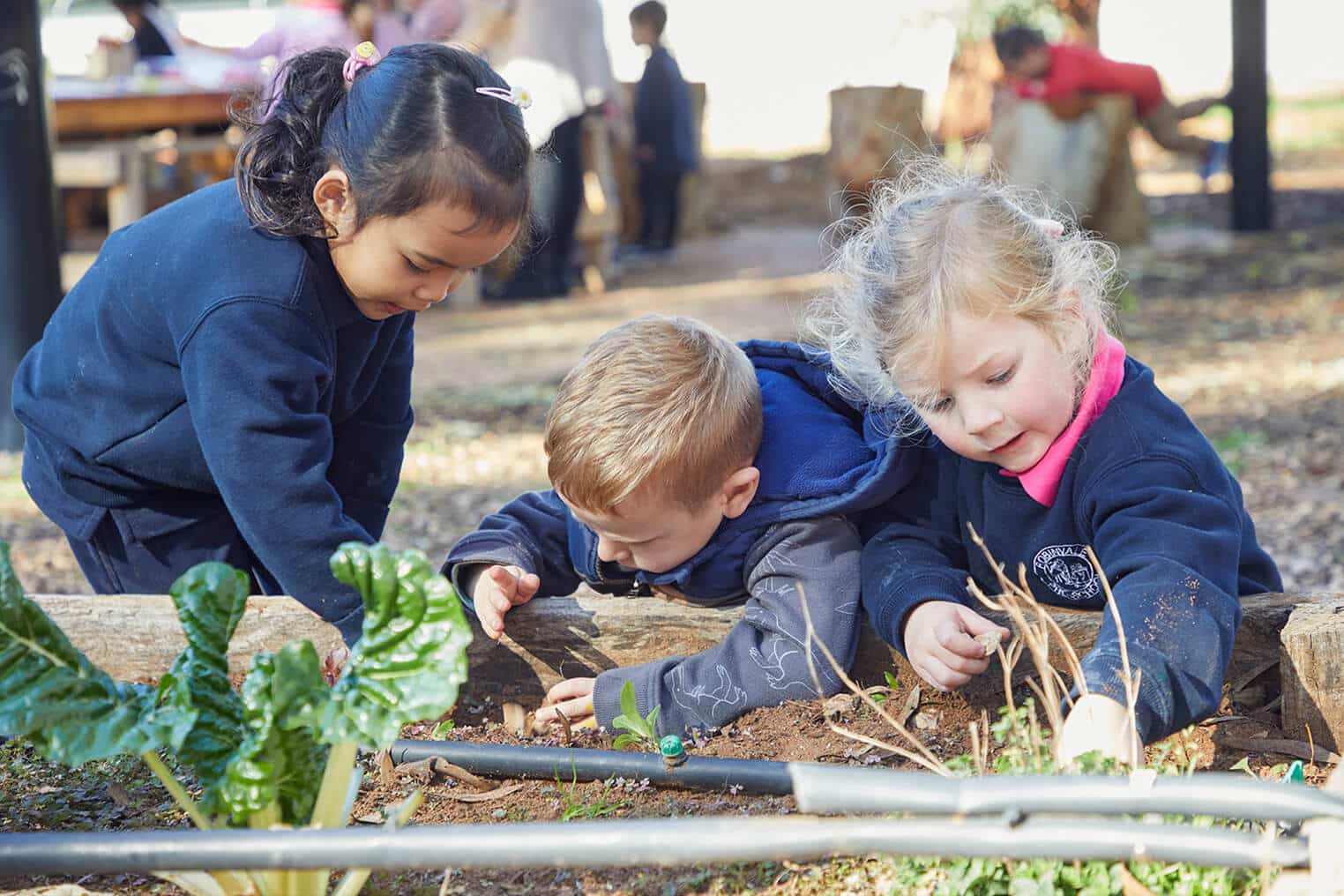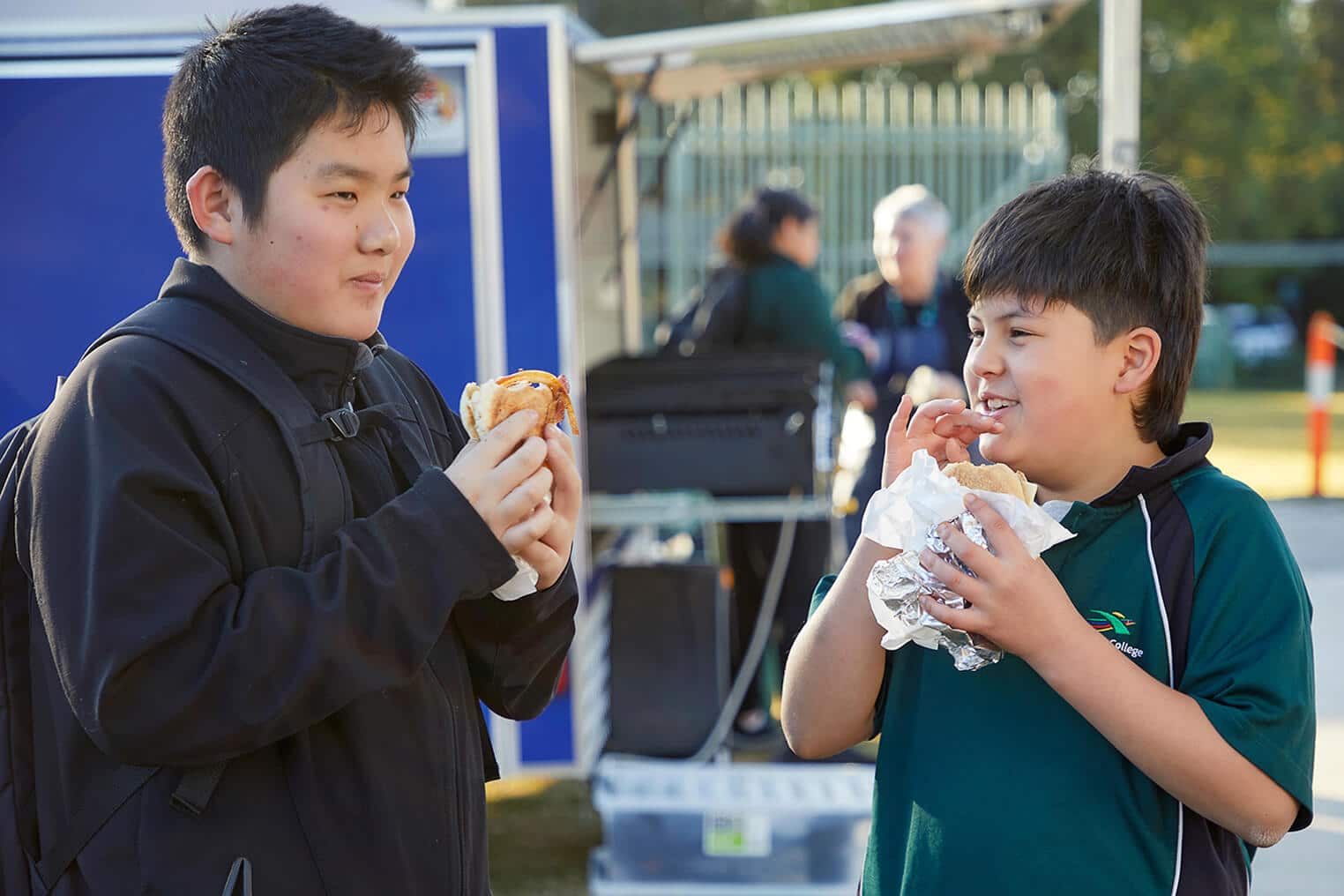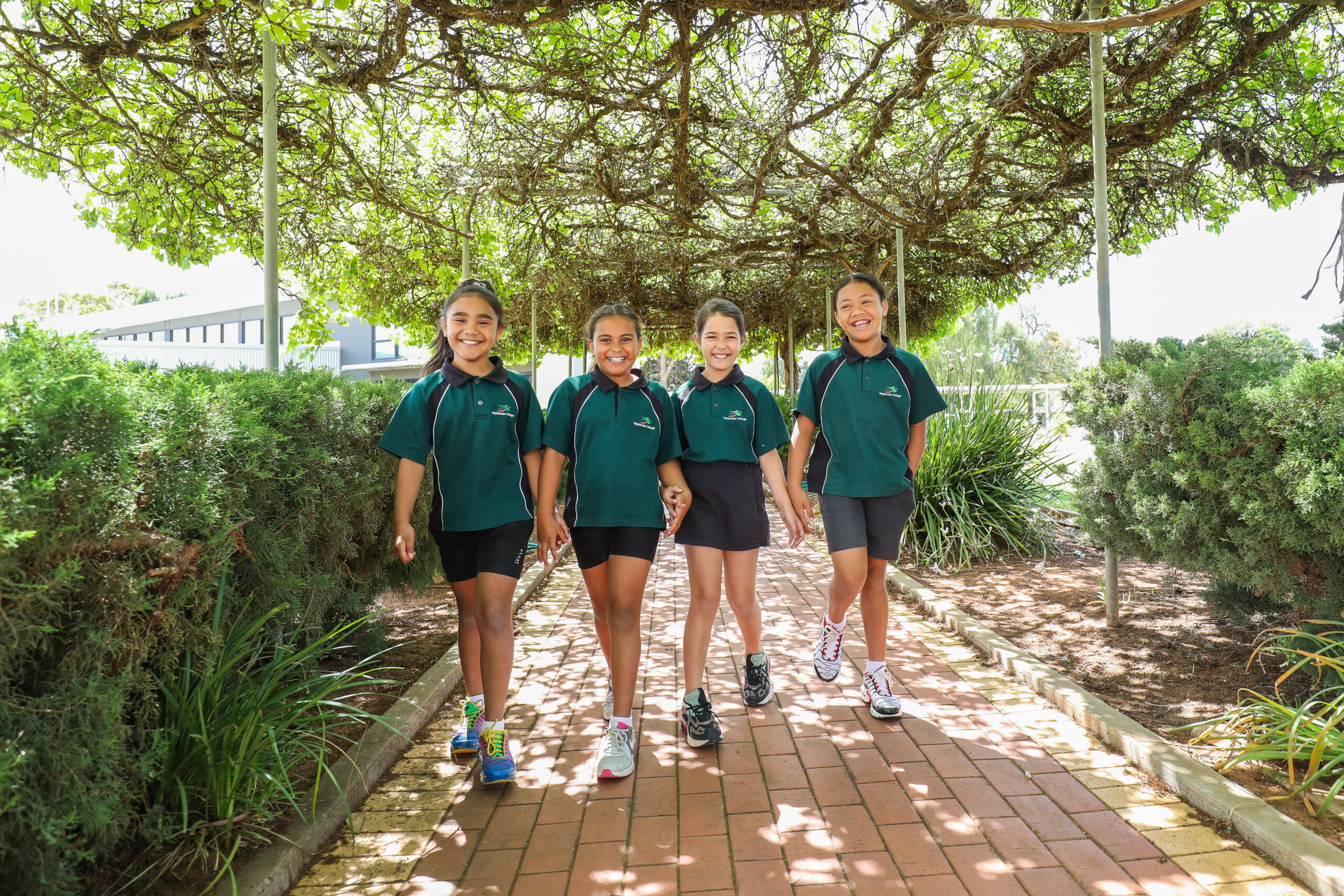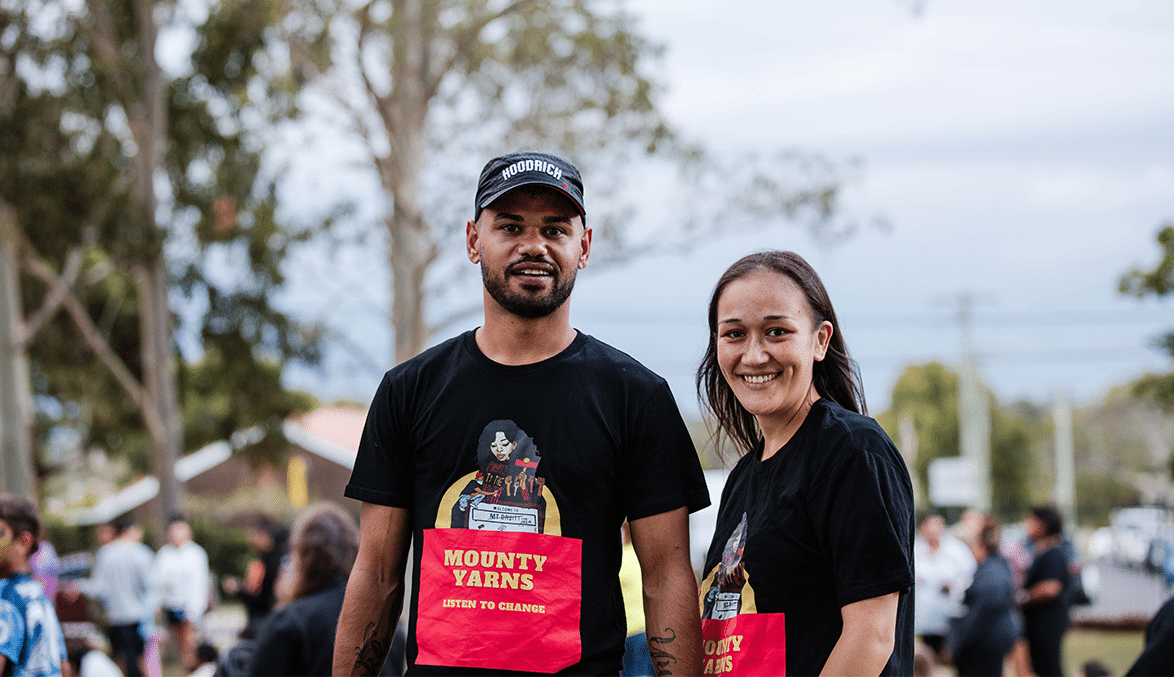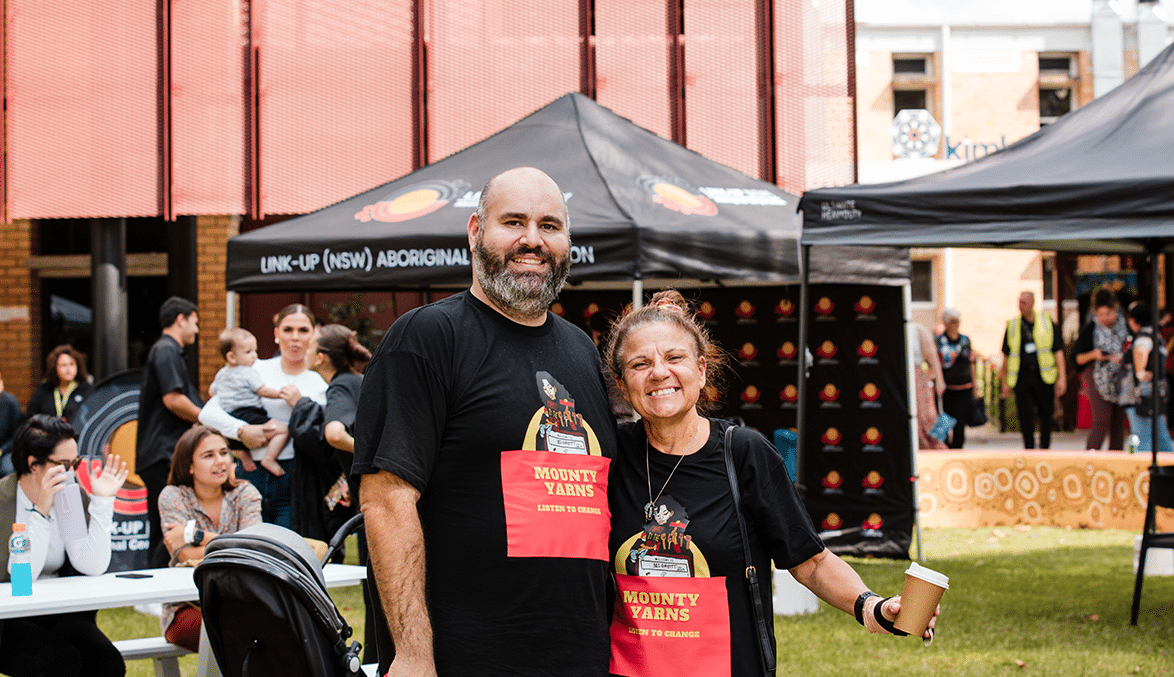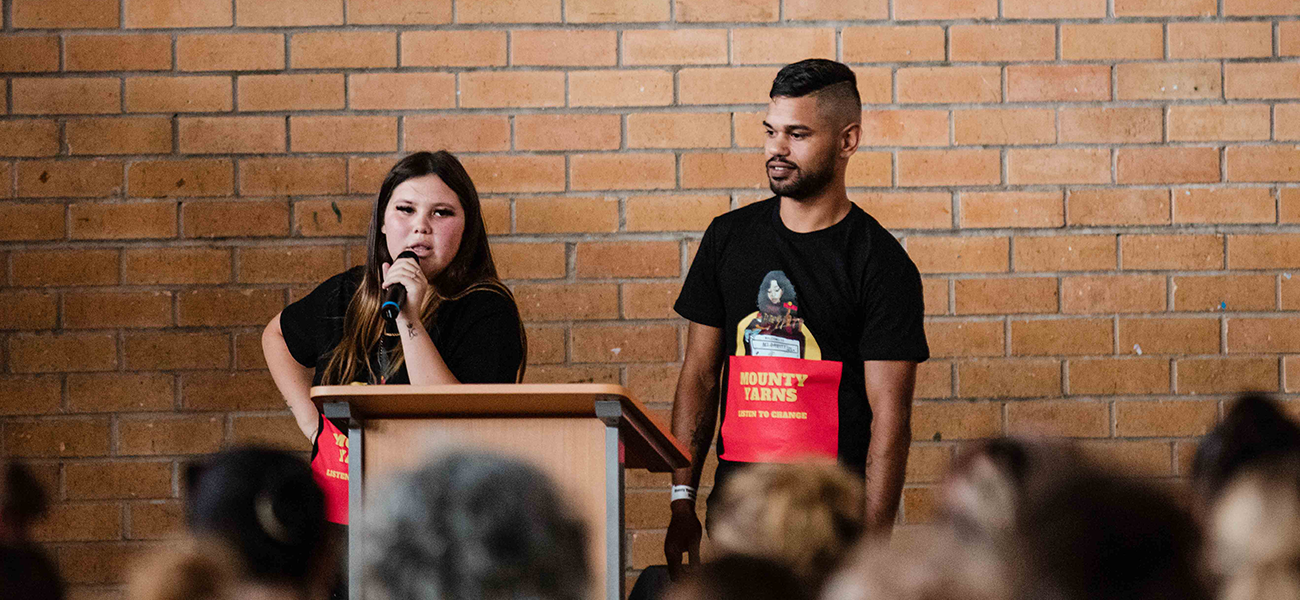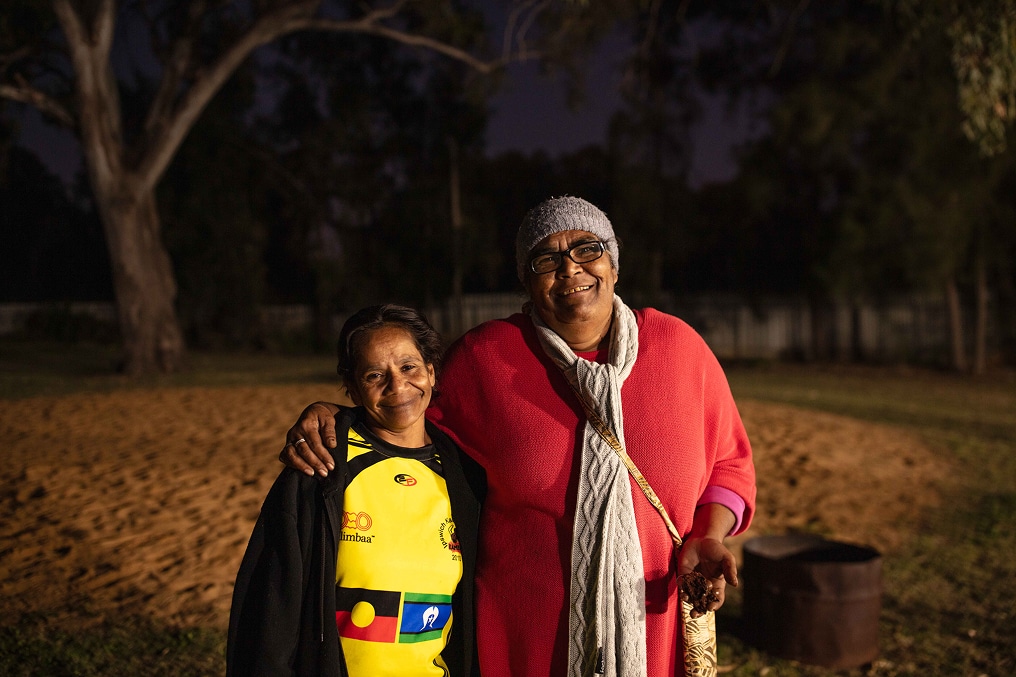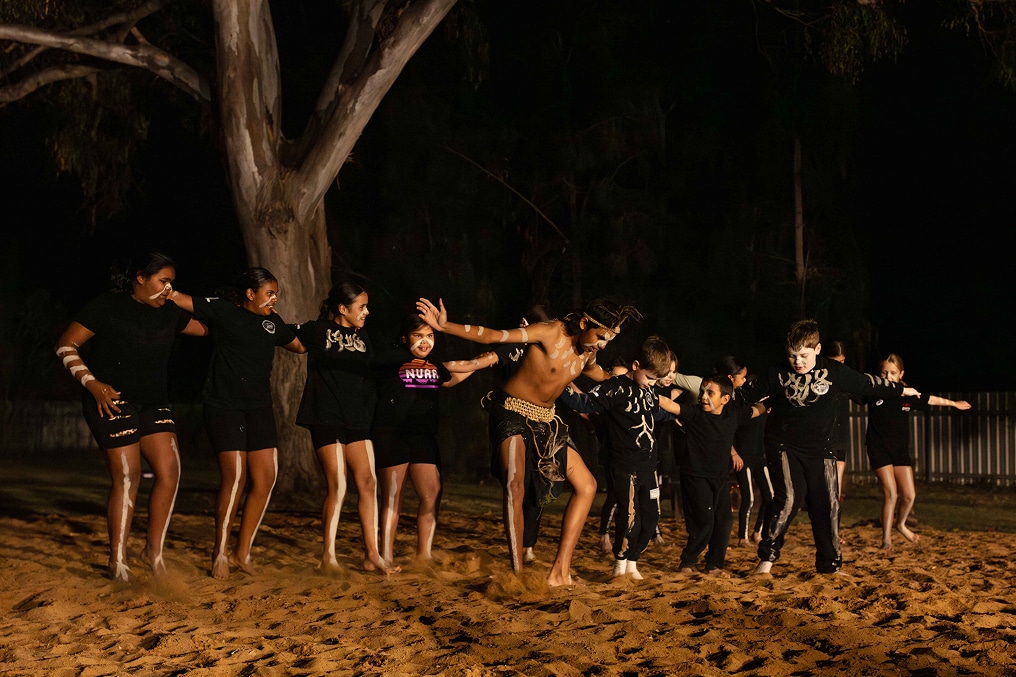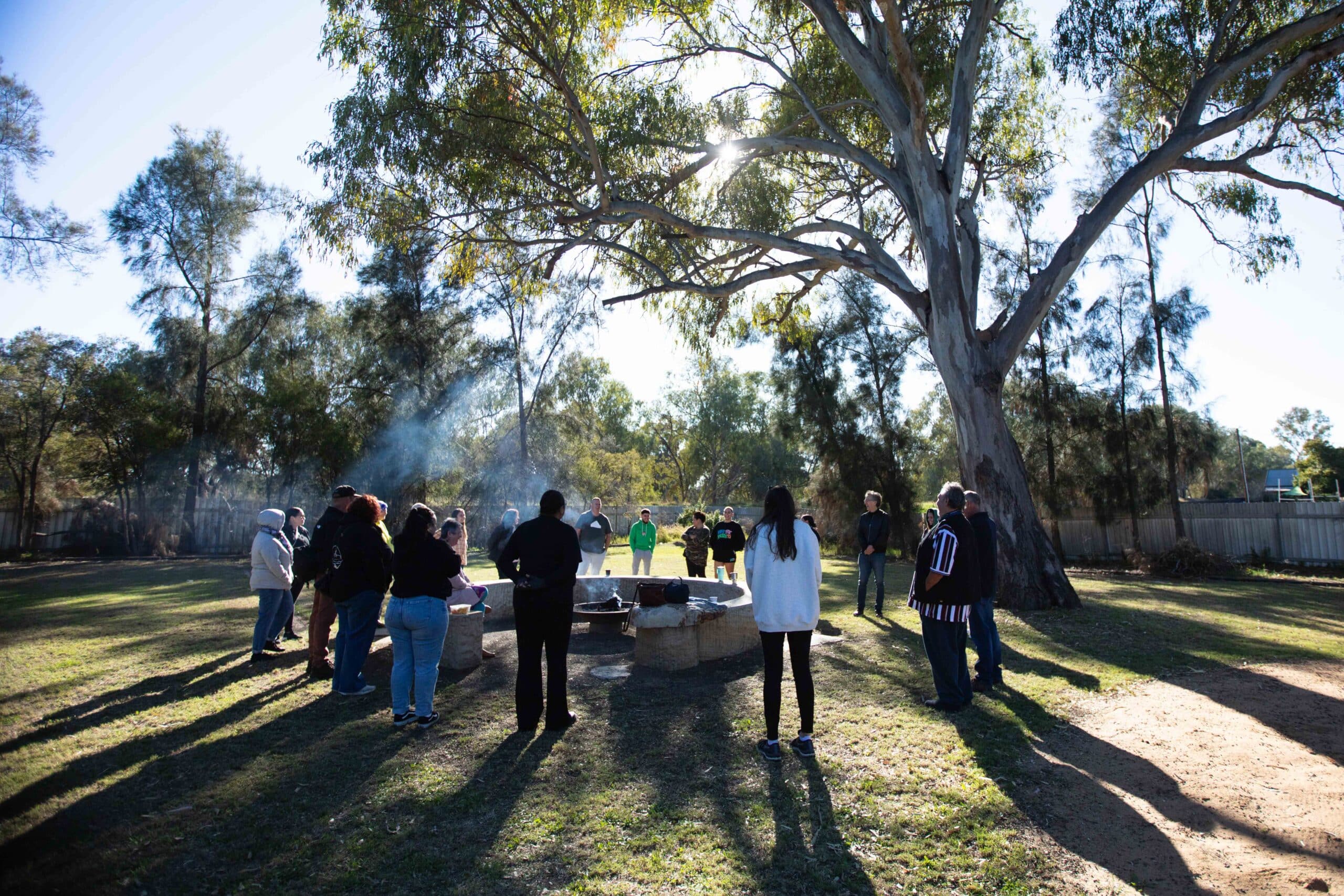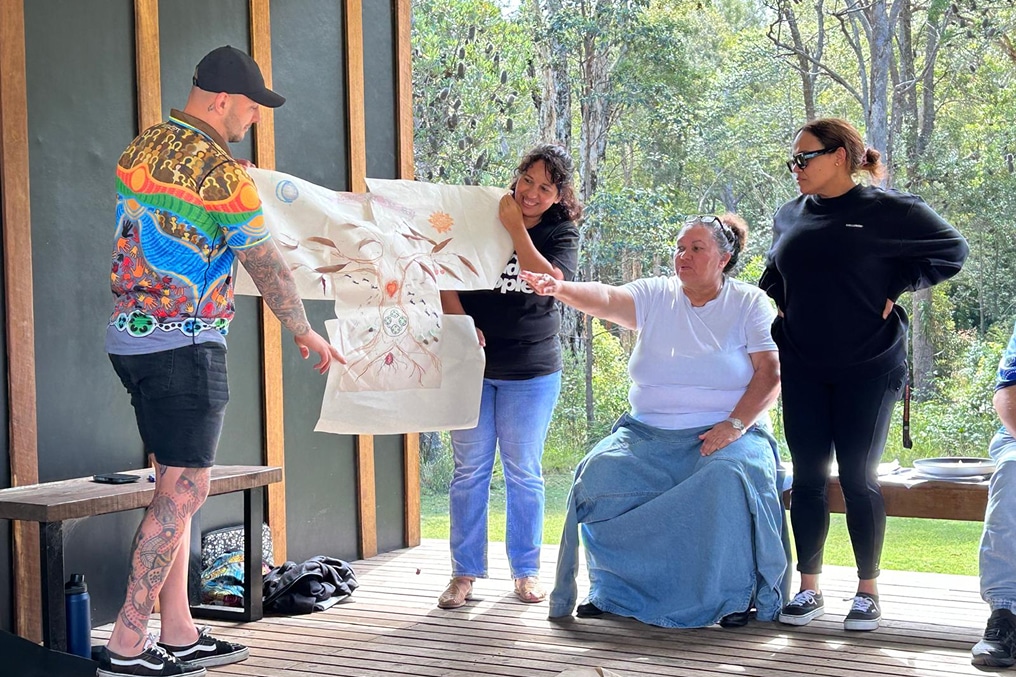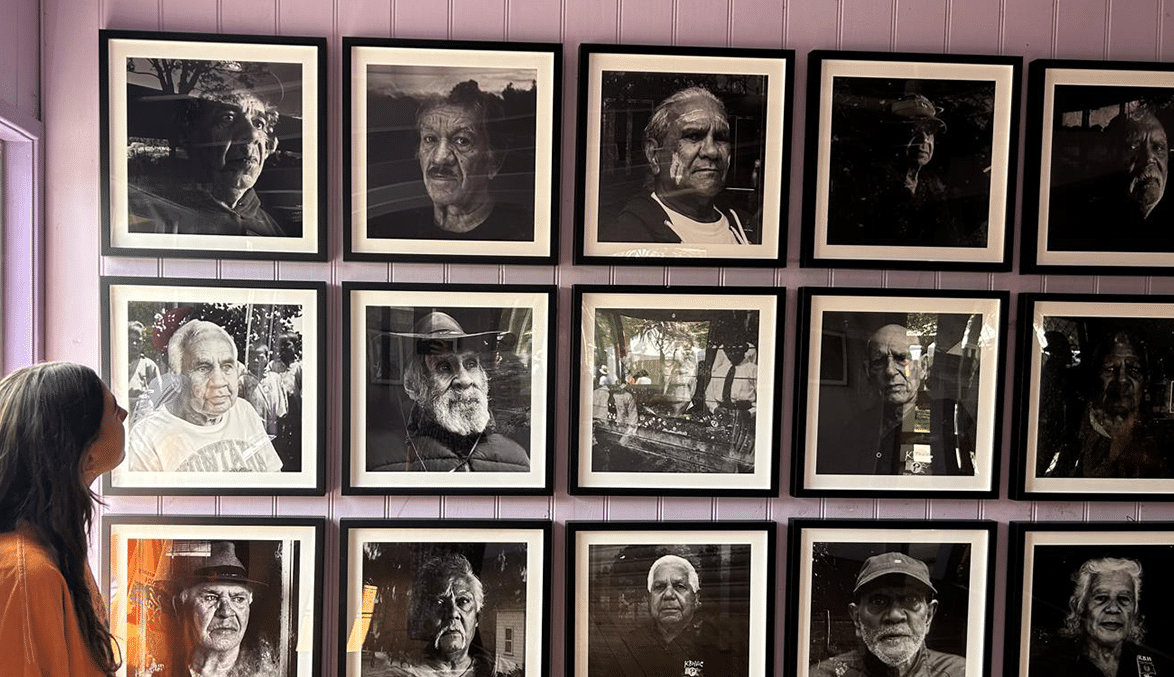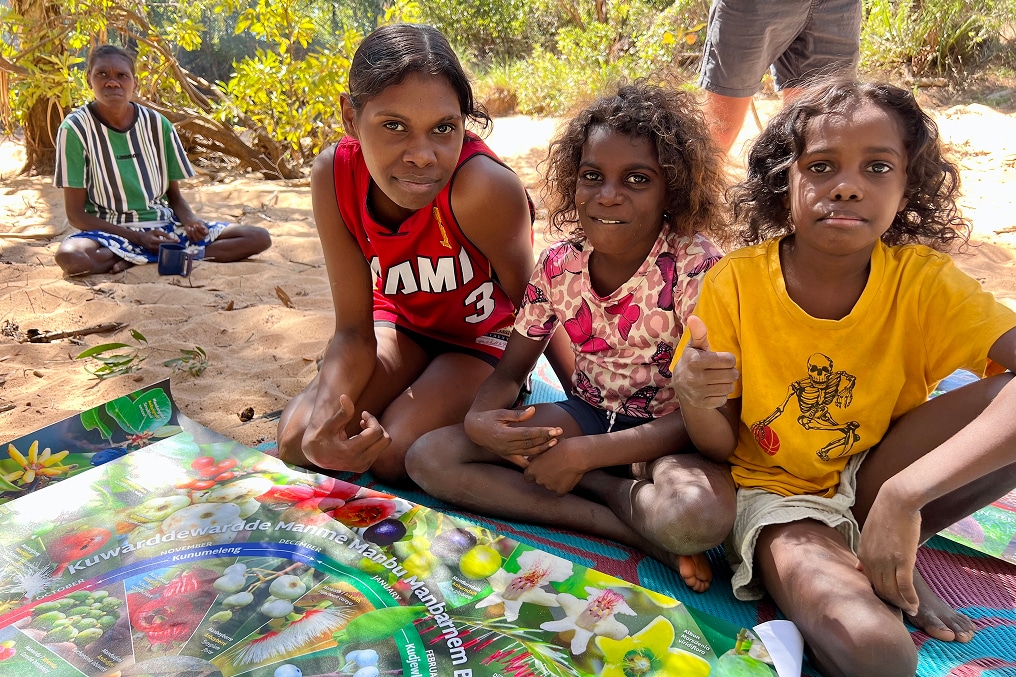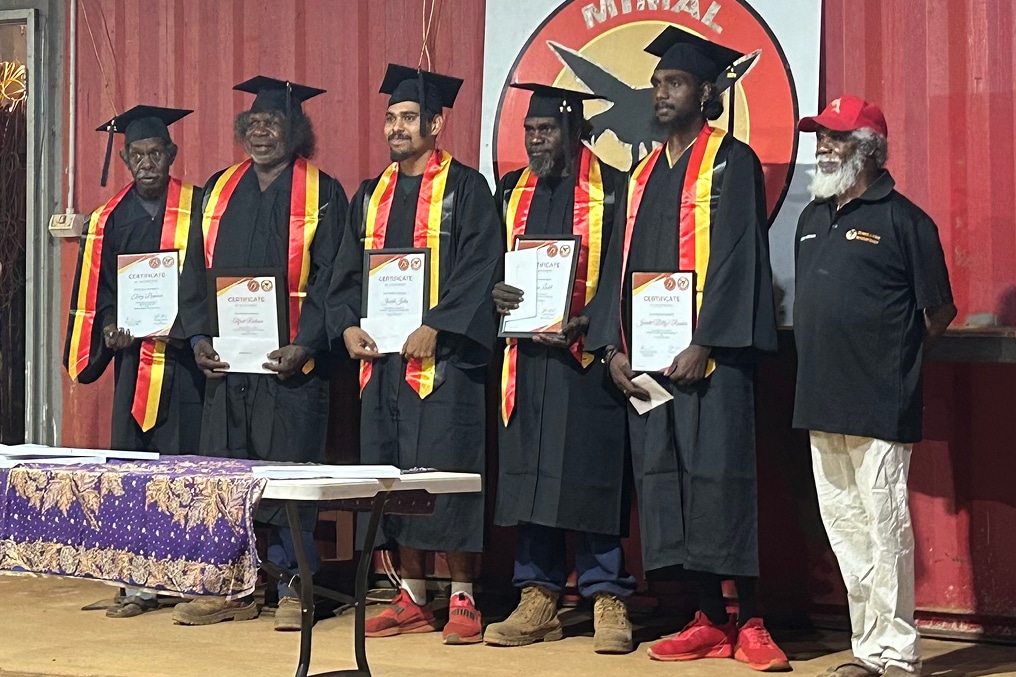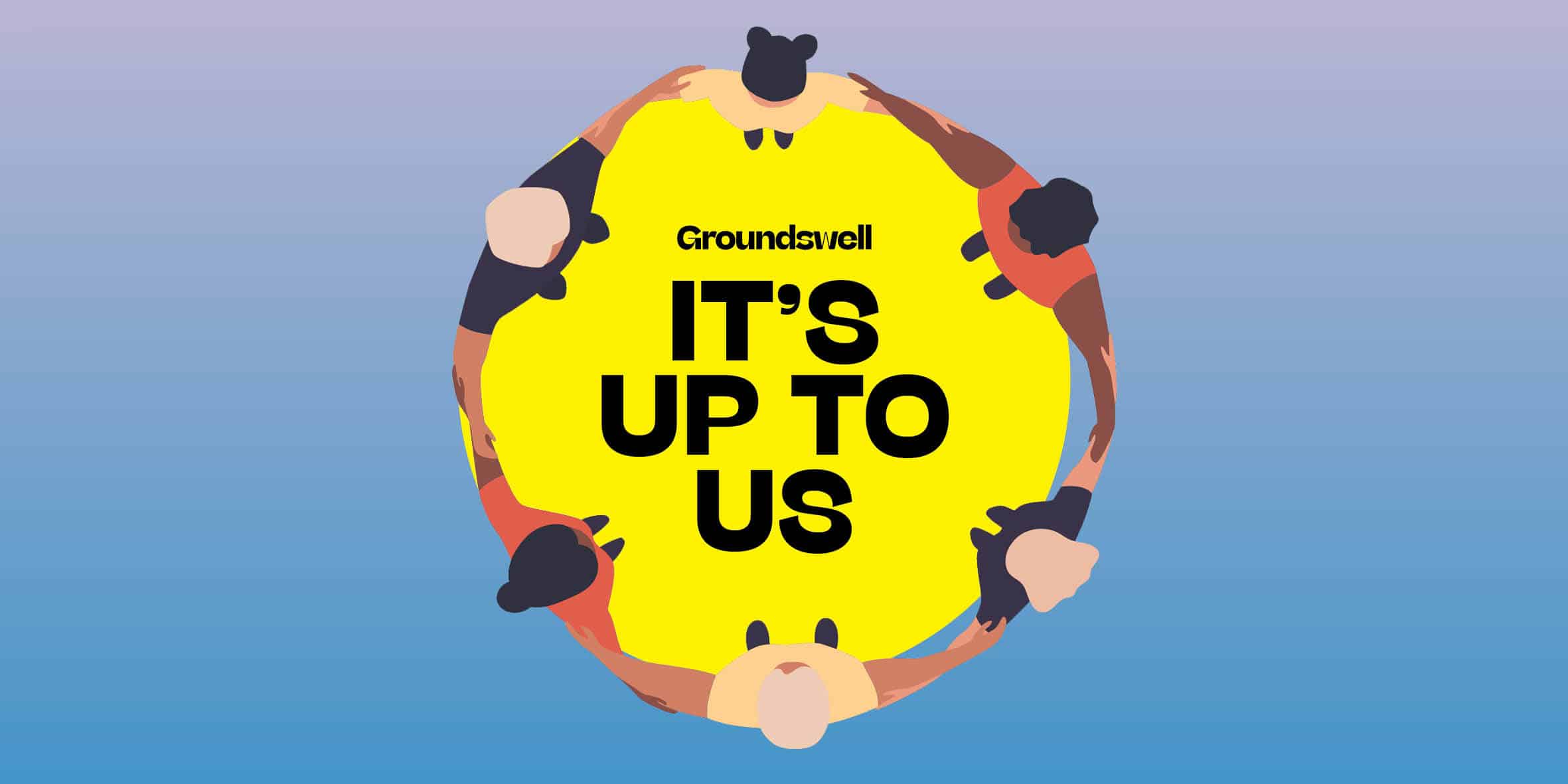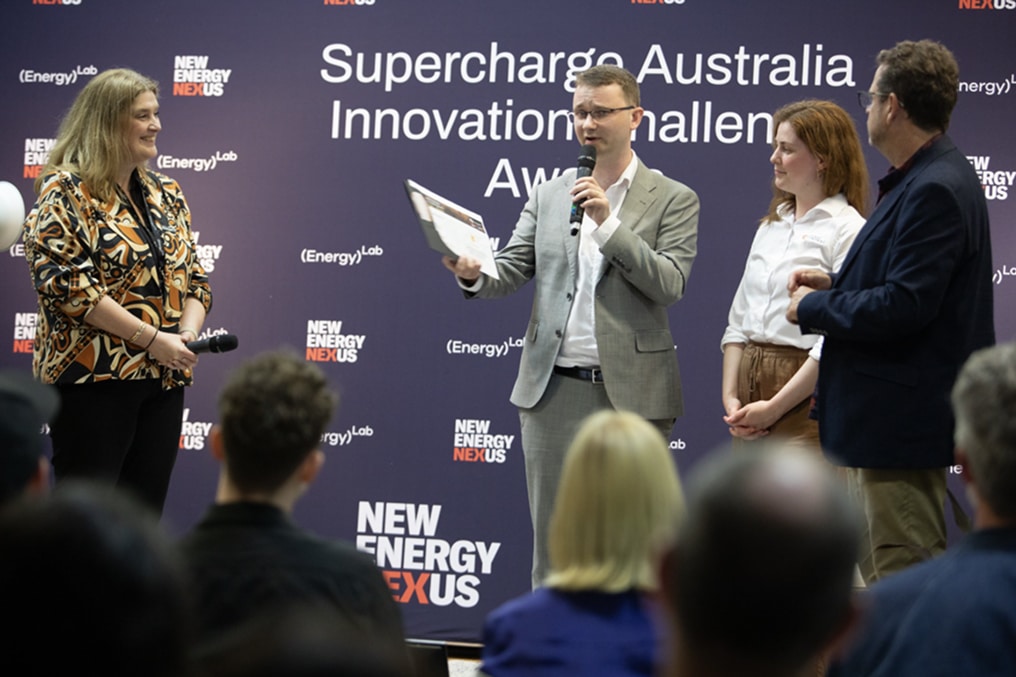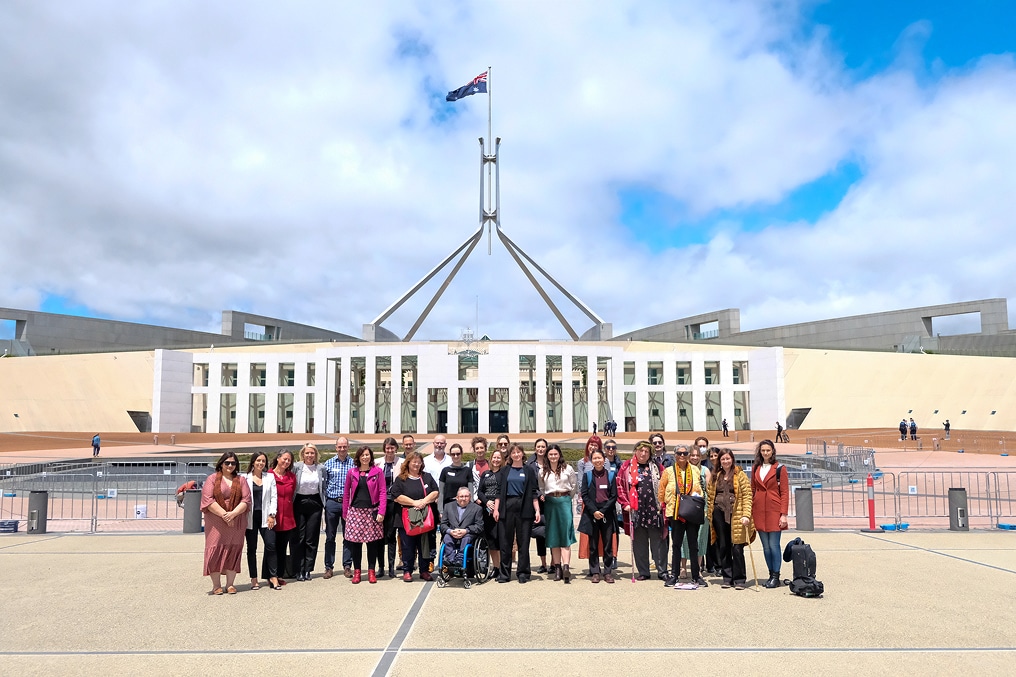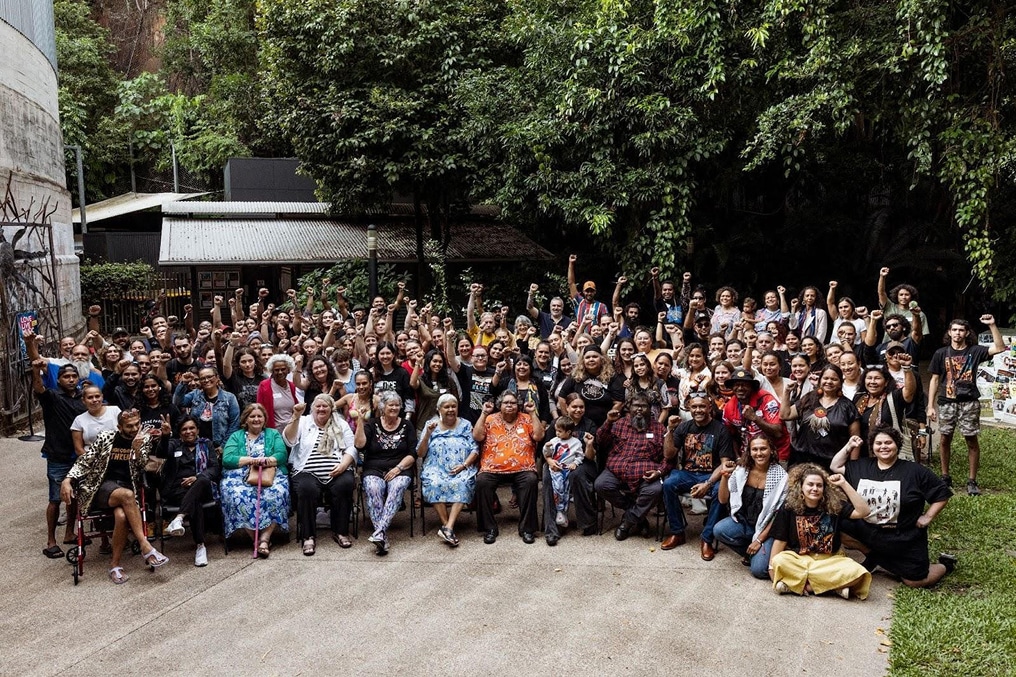There is no shameful past and no problematic future, only a simple and single-minded present. Could there be more fertile ground than this for exploitative political agendas, and could there be a more dramatic, high-stakes emergency site than education?
The standard emergency response in an educational disaster zone (indicated by low test scores) is to simplify curriculum down to “the basics”. There is no room for logic, analysis, synthesis, transfer or application in this educational first-aid, only basic drills and memorization of facts. There is no time or space for research or best practice here, only common sense. “They can’t be expected to think before they can spell properly!” So the band-aid of work-sheets, crosswords, phonics drills and prolific testing is applied. But, unlike standard first-aid practice, further advice and treatment is seldom sought.
I often ask these schools, “So what is your time frame for transition? What will be the focus of your curriculum when the students have caught up, and who do you have working on that curriculum?” They never have an answer for me, because they have never thought that far ahead. Instead, they tell me about the merits of whatever regurgitated permutation of a catch-up reading program they are currently running, usually purchased from the U.S.
At that stage I ask them how long they expect this world-class program to take to elevate their students to the state average. Surely, if they are just learning “the basics” and they have the best available program and pedagogy, it should only take six months. Twelve months? What is the plan here?
After a lot of embarrassed shuffling and fidgeting, it soon becomes clear that “the basics” is all there has ever been at this school. The old hands will tell you that every now and then the imported programs are rebadged, renamed and paid for again. They recite these programs like the names of ancestors, tracing the lineage of the emergency literacy response over generations of teachers and students going back three decades.
And it has never, ever worked. Just as first-aid alone is not a cure, remedial education programs cannot be expected to replace good curriculum and pedagogy in the long term.
At this stage of the conversation, teachers say it’s out of their hands, that principals force them to do this. The principals blame the teachers, so I bring them both together and they point further up the chain of command. So I go to the regional executive and policy makers, who assert that they forbid schools to “teach to the test” and insist on contextualized tasks and projects. I look everywhere to find where the buck stops, and in the end it is with us – the voting public.
We are the ones who respond to (and therefore co-create) the simplest slogans and lowest common denominator logic. We are the ones who can only be assured that learning is taking place if there is a growth trend in reading scores. We are the ones with the pavlovian response to the sentiment, “Won’t somebody think of the children?” These deficit education policies are not designed for our children – they are designed for us.
It takes a particularly obtuse public to be continually duped by the same knee-jerk stimuli that justify these emergency responses. How can Australians be so incapable of seeing through this childish logic? Could it be that the capacity for critical thought and sound judgement has been diminished by decades of “the basics”? It is difficult for a thinking person not to question whether this has been the intent behind neo-conservative education agendas all along.
Many of our Cape York communities are now experiencing an American catch-up program called Direct Instruction. There are no plans to phase this into a mainstream curriculum in the near future, and nobody is particularly concerned because these schools are all in Aboriginal communities. Or are they? Are people aware that Direct Instruction is now making its way into NSW schools as well? Just like Welfare Reform, these emergency responses in marginalized communities have a horrible tendency to spread into the mainstream. Australians might soon discover that the “tough measures” taken with their most powerless people (including their own children) are irrevocably becoming the new normality for all.
From Guest Blogger – Dr Tyson Yunkaporta | The Aspiration Initiative Aboriginal Education Specialist
Tyson Kaawoppa Yunkaporta is a Bama of Nunga and Koori descent with cultural ties to Mardi mobs in Western NSW. With an accomplished career in both mainstream and Aboriginal community contexts, Tyson has worked in K-12 classrooms, as a university lecturer, as a senior executive officer in the Department of Education and as an Aboriginal pedagogy mentor. In 2009, Tyson completed his PhD in Education at James Cook University, where he was awarded the medal for excellence with his thesis titled “Aboriginal Pedagogies at the Cultural Interface.” As The Aspiration Initiative’s (TAI) Aboriginal Education Specialist, Tyson works on the overall development and structure of TAI’s pedagogy and curriculum. On camps, he takes on key roles in teaching and cultural facilitation, with both students and teachers. He continues to play a fundamental role in community relationship building and consultation.


